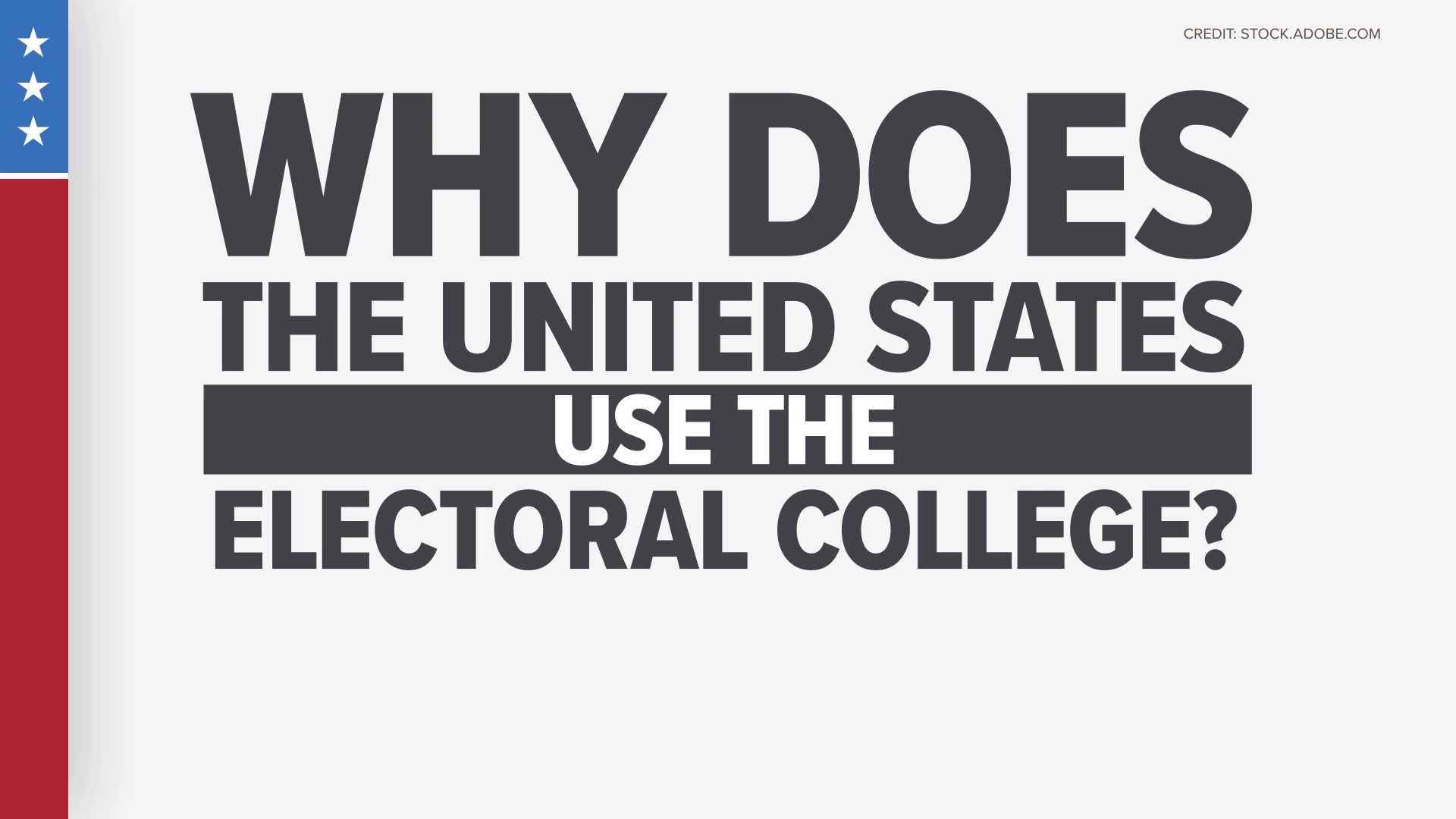WASHINGTON — Democratic nominee Joe Biden won the presidency late Saturday morning with a victory in Pennsylvania, the state where he was born, pushing him over the 270 electoral votes needed.
President Donald Trump has indicated he has no plans to concede, at this time, and the president has tried to undermine confidence in the election, making false claims about vote counts and pushing unsupported accusations of voter fraud.
There are no laws or requirements for a public concession speech. The tradition began back during the 1896 election, according to NPR. Two days after that election, William Jennings Bryan sent a short telegram to his opponent, William McKinley.
"Lincoln, Neb., November 5.
Hon. Wm. McKinley, Canton, Ohio: Senator Jones has just informed me that the returns indicate your election, and I hasten to extend my congratulations. We have submitted the issue to the American people and their will is law.
W.J. Bryan"
After Bryan, concessions became a tradition that's happened in every U.S. election, performed by telegram or phone call and then by public speech. According to The Atlantic, Al Smith brought the concession speech to radio in 1928 and eventually it transitioned with technology to television.
Adlai Stevenson's 1952 concession speech after losing to Dwight D. Eisenhower was the first on live television and has been called "the granddaddy of all concession speeches."
"Someone asked me as I came in, down on the street, how I felt, and I was reminded of a story that a fellow-townsman of ours used to tell -- Abraham Lincoln," Stevenson said. "They asked him how he felt once after an unsuccessful election. He said he felt like a little boy who had stubbed his toe in the dark. He said he was too old to cry, but it hurt too much to laugh."
Historian Paul Corcoran researched every presidential concession speech and explained to TIME that there's a formula to the content. According to Corcoran, the basics usually include the speaker saying they have congratulated the winner; the speaker calls for unity; the speaker calls on supports to accept the result and continue to fight for their cause. He noted that the speaker rarely mentions the word "concede."
According to NPR research, there have been 32 concession speeches over the past 120 years.
One of the most dramatic concessions involved the 2000 presidential election. While Al Gore had called George W. Bush in the overnight hours after election night to concede - but then he called back less than an hour later to retract the concession. Gore went on to contest the results in Florida, a recount began and the "hanging chads" saga ramped up. The U.S. Supreme Court ruled against Gore and the then-vice president conceded again on Dec. 13, 2000.
While there's no mandate for losing candidates to make a concession speech, the 20th Amendment clearly states that the president's term ends at noon on Jan. 20.
So on Jan. 20, 2021, Trump will no longer be president, regardless of whether or not there was a concession speech made.

